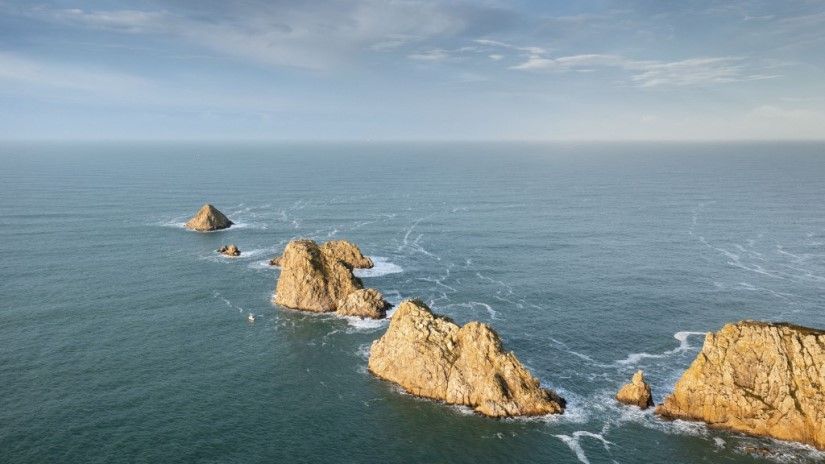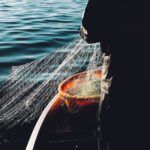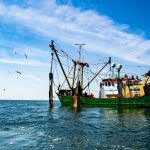The Council has formally adopted a set of updated fisheries measures in the North-East Atlantic Fisheries Commission (NEAFC) area.
This regulation implements into EU law new rules on management, conservation and control for the NEAFC area, as well as control measures for certain pelagic species in the North-East Atlantic which were agreed during coastal states consultations.
The text also brings together in one single regulation all NEAFC measures previously covered by different regulations.
Main elements of the update
The new NEAFC measures include changes to improve the control of transhipment operations at sea, as well as rules on waste from vessels and the retrieval of lost gear.
According to the new regulation, camera and sensor technologies will be used to monitor landing and processing facilities. This will apply to landings of certain pelagic species that exceed 10 tonnes when more than 3 000 tonnes of those stocks are weighed in a given calendar year.
With the overarching goal of improving the sustainability of fisheries, 22 species have been added to the list of species for which discarding or releasing catches is prohibited, including cod, common sole and plaice.
In order to protect vulnerable marine ecosystems, such as deep-sea corals and sponges, the regulation extends the ban on bottom fishing in certain areas until the end of 2027.
In addition, the regulation covers the implementation of certain control measures related to four pelagic fisheries in the North-East Atlantic, namely mackerel, horse mackerel, blue whiting and herring. These measures have been agreed by the EU, the Faroe Islands, Greenland, Iceland, Norway and the UK in coastal states consultations.
Background
NEAFC is the regional fisheries management organisation responsible for managing the fisheries resources covered by the ‘Convention on Future Multilateral Cooperation in the North-East Atlantic’.
Measures adopted by NEAFC are binding on its contracting parties, including the EU, except in the case of objections.
More information: Council of the EU







Leave a Reply